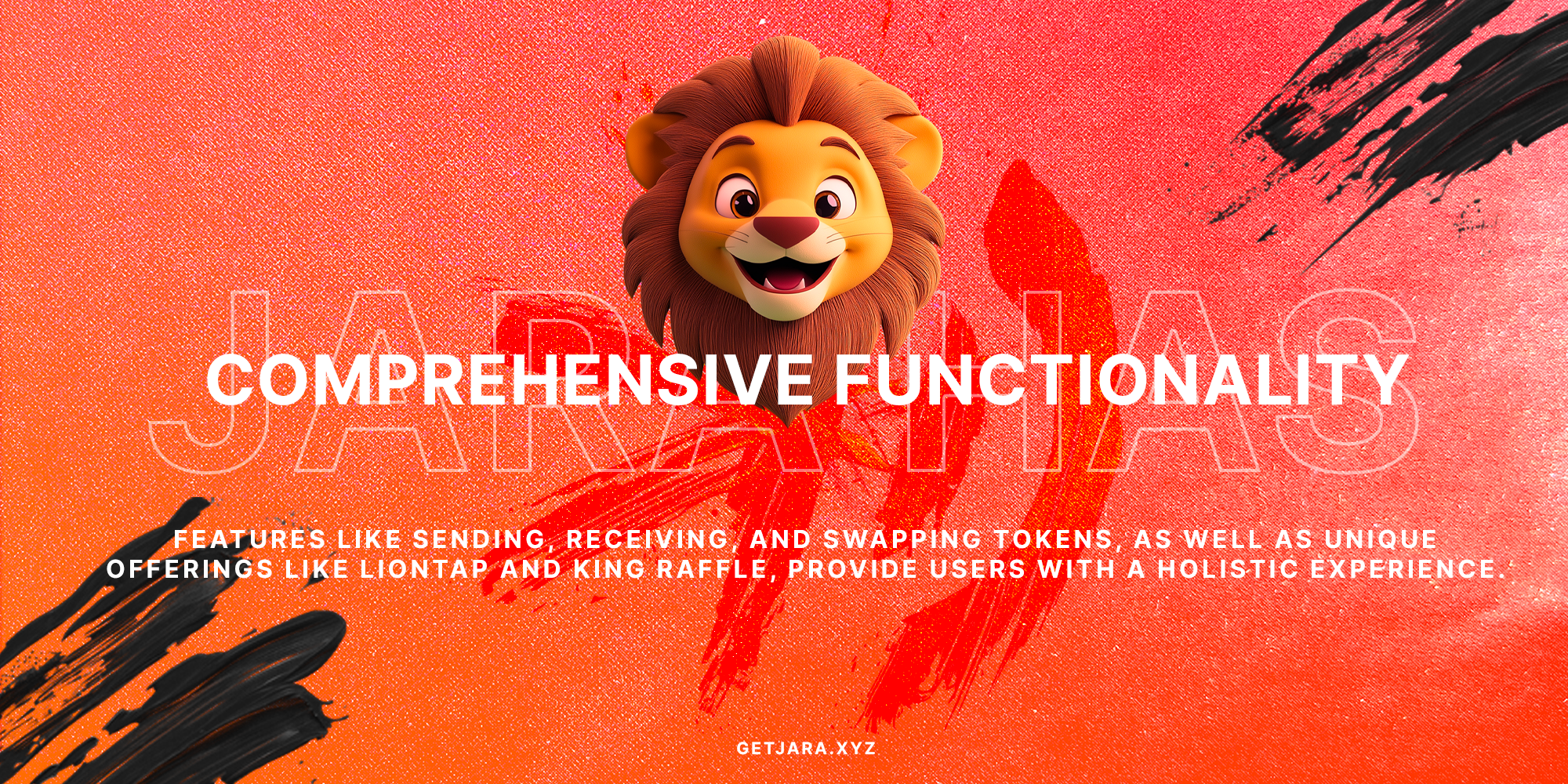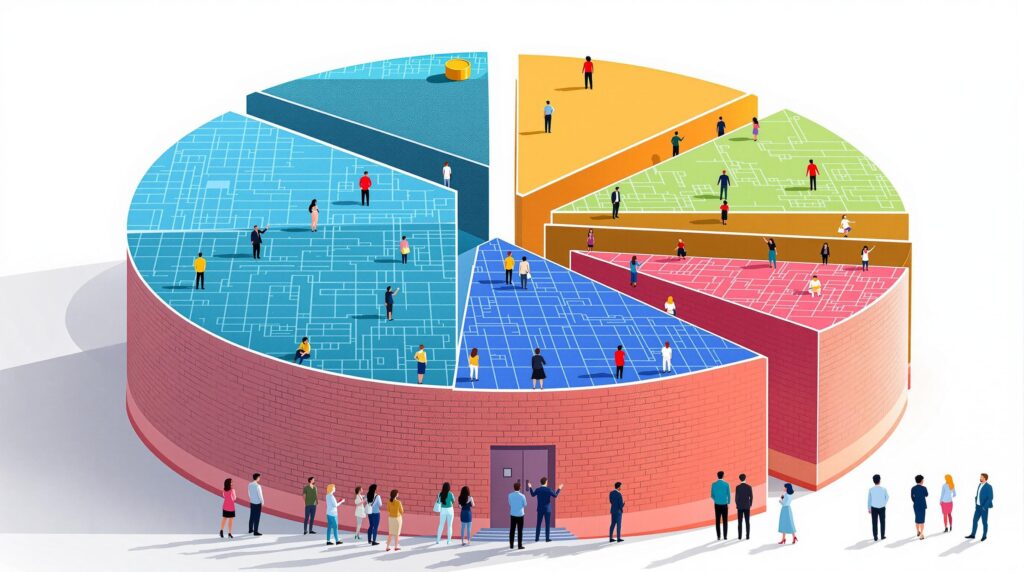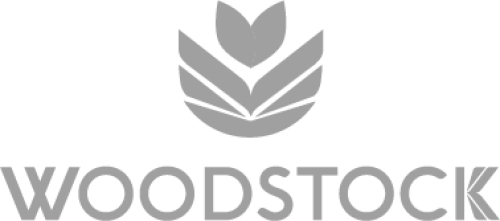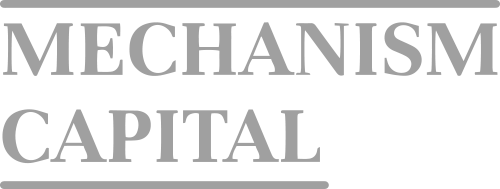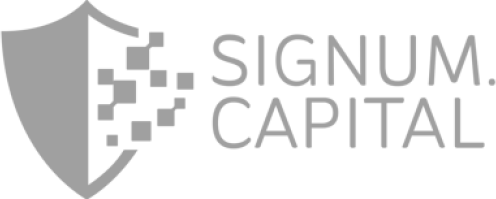Understanding Fractional Ownership and Tokenization
Have you ever wondered how investing in expensive assets, like luxury real estate or fine art, could become accessible without requiring a fortune? Fractional ownership offers a promising solution by splitting these high-value assets into smaller, manageable portions through a process known as tokenization. This innovative approach democratizes investment, allowing wider participation from individuals who previously found such opportunities beyond their financial reach.
How does fractional ownership work in the real world? It involves dividing an asset into digital tokens, where each token represents a fraction of the asset’s total value. Investors can purchase tokens corresponding to their desired share, facilitating partial ownership without the need to buy the asset entirely. Imagine joining a group of investors to own part of a luxurious beachfront property or a classic Picasso painting—real estate tokenization makes this possible.
What is fractional ownership? Fractional ownership is a method of dividing an asset into smaller parts, making it possible for multiple investors to purchase and own portions of that asset.
Tokenization relies heavily on blockchain technology, which serves as a secure and transparent ledger, recording every transaction and ensuring data immutability. Blockchains eliminate the need for intermediaries, reducing costs and increasing trust among stakeholders. This technology provides the foundation for the tokenization of assets, paving the way for tokenized real estate to thrive.
The importance of blockchain in this context cannot be overstated. With its encrypted and immutable nature, blockchain ensures all fractional ownership transactions are not only transparent but also securely documented. It acts as a digital log that records each transaction, making data available for verification by anyone, thus enhancing accountability and investor trust.
Blockchain’s primary advantage in fractional ownership lies in its ability to offer secure and transparent transactions without intermediaries, thus fostering trust among investors.
Access to such investment opportunities is not limited to traditional markets. Africa, in particular, stands on the brink of a digital revolution, with platforms like Jara bridging global capital to the continent’s assets. By tokenizing real-world assets, these platforms allow investments in infrastructure projects like the Lagos airport project, exemplifying how the tokenization of assets fuels economic empowerment and financial inclusion.
“Jara – Unlocking the Future to Africa’s Crypto Ecosystem.”
By breaking down financial barriers, tokenization enhances liquidity and opens the door for a broader audience to participate in high-value investments. It provides a newfound flexibility, allowing investors to trade tokens on digital exchanges, thereby entering and exiting positions with greater ease compared to traditional asset ownership. Consider exploring how tokenization enhances liquidity and revolutionizes traditional markets.
The evolution of fractional ownership through tokenization is not merely theoretical—it is reshaping financial landscapes globally. As more industries recognize the potential of tokenization, such innovations are poised to become the norm, making previously exclusive investment opportunities accessible to everyone. Whether you’re intrigued by the prospects of owning a stake in African infrastructure or diversifying your investment portfolio with art and real estate, the era of tokenization offers limitless possibilities.
The Role of Blockchain in Tokenization
Have you ever wondered how blockchain technology can revolutionize the way we invest and own assets? At the core of tokenization, blockchain technology offers a secure and transparent framework for managing digital assets. Imagine blockchain as a digital fortress, where every transaction is locked in and recorded like an entry in a grand ledger, carefully documented and protected.
What is blockchain technology? Blockchain is a decentralized digital ledger that records transactions across multiple computers, ensuring data integrity and security without the need for intermediaries.
By serving as an immutable ledger, blockchain ensures that every transaction is accurately documented, thereby enhancing trust among investors. Trust is critical, especially when dealing with valuable assets like real estate, art, or commodities. With blockchain, investors can see every transaction related to their investments, fostering an atmosphere of transparency.
One can’t overlook the significance of smart contracts in this equation. Have you ever considered how automation could minimize reliance on third parties? Smart contracts are self-executing contracts with the terms of the agreement directly written into lines of code. These contracts execute automatically once certain conditions are met, reducing human error and minimizing transaction costs. It’s like having a well-oiled machine handling your transactions efficiently.
Smart contracts not only automate processes but also boost overall investment efficiency. By cutting out the need for intermediaries who would typically slow down processes and ramp up costs, blockchain technology and smart contracts streamline operations in the world of tokenization. This technological advancement allows resources that would have been spent on transaction fees to be redirected toward maximizing investment potential.
- Enhanced Security: Every transaction is encrypted and linked to the previous one, creating an unbreakable chain of data points that ensure asset integrity.
- Greater Transparency: Participants on the blockchain network can verify and audit transactions independently, reducing the risks of fraud.
Blockchain’s role in tokenization extends beyond digital assets, extending its reach into the tangible realms of real estate and beyond. By using tokenized real estate, investors can own and trade fractions of properties as easily as buying stocks, making real estate investment more accessible and liquid.
The future of investing is intertwined with blockchain technology and the possibilities it unfolds. As more industries integrate blockchain’s secure, reliable, and efficient systems, the barriers to high-value investments will continue to decrease, offering everyone a chance to participate in markets once reserved for the elite.

Investment Accessibility and Financial Inclusion
Platforms like Jara are revolutionizing the investment landscape in Africa. By bridging global capital with local assets, Jara is making significant strides in enhancing investment accessibility and driving financial inclusion. Tokenized investments, such as the Lagos airport project, showcase unique opportunities for engagement in Africa’s burgeoning markets. This accessibility empowers a diverse group of investors, previously sidelined due to high capital requirements, to partake in the continent’s economic growth and prosperity.
How does tokenization enhance financial inclusion? Tokenization reduces financial entry barriers by enabling fractional ownership, allowing a broader audience to invest in high-value assets.
Historically, investment in high-demand markets like African real estate or infrastructure required substantial capital. However, with the advent of tokenization, these opportunities have opened up to individuals at various financial levels. Imagine owning shares in a thriving infrastructure project in Nigeria without needing a millionaire’s portfolio. That’s what tokenization’s influence on liquidity and accessibility has achieved.
- Fractional Ownership: Allows investors to purchase smaller shares of valuable assets, breaking traditional capital barriers.
- Increased Market Participation: More individuals can partake in investments, thus democratizing financial engagement.
- Lower Transaction Costs: By reducing intermediaries, tokenization streamlines transactions, making them more cost-effective.
Furthermore, Jara’s integration of blockchain technology underpins these developments, providing the transparency and security necessary for safeguarding investments. As blockchain maintains an immutable ledger, it ensures every transaction is verified, reducing fraud and increasing investor confidence.
What role does blockchain play in tokenized investments? Blockchain serves as an immutable ledger that records and verifies every transaction, enhancing both security and transparency.
In addition, the use of stablecoins and decentralized finance frameworks within the Jara ecosystem supports easier cross-border transactions, further extolling the platform’s role in fostering an inclusive financial space. Through its proprietary Layer 2 blockchain solutions, Jara ensures faster and more cost-effective transactions.
As a community-driven platform, Jara not only connects international investors with African opportunities but also embraces a social-first approach to investment. Its easy-to-use, socially integrated wallet facilitates a seamless investment process, aligning with the digital habits of the WhatsApp generation. By democratizing access to otherwise exclusive markets, Jara stands as a beacon of financial empowerment in Africa.
Legal Considerations in Tokenization
As the digital financial landscape evolves, understanding the legal framework governing tokenization of assets becomes paramount. It’s not just about securing the tokenization process but ensuring that every step complies with applicable regulatory standards. Let’s explore what this implies for investors and businesses diving into this dynamic field.
Classification of Tokens
The first hurdle in navigating tokenization legality is determining how tokens are classified. Are they securities, commodities, or a new category entirely? This classification affects how they are regulated and taxed. Understanding this is crucial because regulatory bodies, like the Securities and Exchange Commission (SEC), have specific rules on security tokens. For instance, the distinction between security and utility tokens dictates the compliance requirements for token offerings.
Understanding token classification is essential, as it defines the regulatory obligations required for legally issuing and managing tokens.
Adhering to Securities Laws
Securities laws pose a significant challenge in ensuring legal compliance during and after the tokenization process. Each jurisdiction may have its own set of rules, making it critical for token issuers to understand local and international regulations. As demonstrated by firms successfully launching tokens, compliance isn’t optional—it’s a necessity. Token issuers must thoroughly review and adhere to securities laws to avoid legal repercussions and ensure their projects’ success.
Intellectual Property Considerations
In the realm of non-fungible tokens (NFTs) and other tokenized assets, intellectual property (IP) rights are crucial. Clear ownership and rights over trademarks, patents, and copyrights must be articulated to avoid disputes and ensure a smooth tokenization process. Questions around IP rights are paramount as they determine the legal standing and security of a tokenized asset.
Compliance and Regulatory Framework
A robust compliance framework is the bedrock of any successful tokenization project. Companies must implement stringent measures to track, monitor, and enforce compliance across various jurisdictions. This includes understanding the statutory requirements for different markets and aligning tokenization practices accordingly. Regulatory challenges are numerous, but with due diligence and proper legal advice, they can be navigated successfully.
Regulatory compliance determines the long-term viability and success of any tokenization initiative.
Lessons from Successful Tokenization Projects
Examining successful tokenization initiatives reveals several best practices and strategies for compliance. Companies often collaborate with legal experts to establish frameworks that ensure the legal and operational security of their tokenization ventures. Leveraging technology that promotes transparency, such as blockchain, enhances the legal defensibility of tokenized assets by providing irrefutable transaction records.
Final Thoughts on Legal Navigation
Navigating the legal aspects of asset tokenization calls for comprehensive understanding and strategic compliance. With projects like the Lagos airport tokenization, as real estate tokenization evolves, these legal frameworks will only become more complex. Staying informed and prepared is critical for businesses and investors to leverage the full potential of tokenization while minimizing legal risks.
Invest in $JARA: Fuel Africa’s $200B+ Digital Asset Economy and Participate in a Revolutionary Ecosystem.
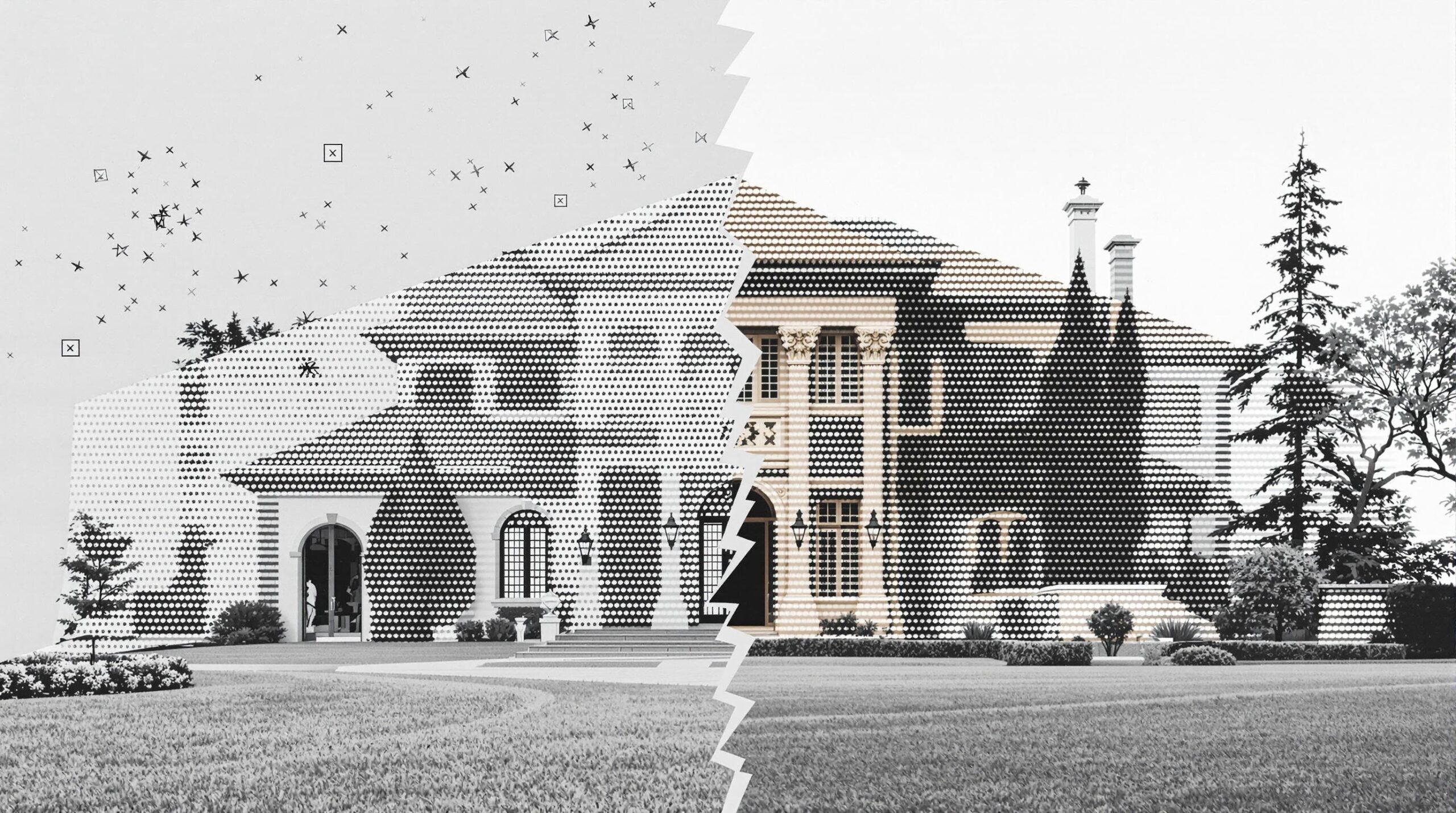
What is fractional ownership in the context of tokenization?
Fractional ownership in tokenization involves dividing a high-value asset into smaller, tradable digital tokens. This process democratizes investment by allowing individuals to buy tokenized shares of assets like real estate or fine art, thus broadening the investor base.
How does blockchain contribute to the security of tokenized assets?
Blockchain enhances the security of tokenized assets by maintaining an immutable ledger that records every transaction. This transparency builds trust among investors, as the integrity of the asset history is verifiable. Additionally, smart contracts automate processes and reduce the risk of human error.
What are the primary legal challenges in tokenizing assets?
The primary legal challenges in tokenizing assets include navigating securities regulations, ensuring compliance with international laws, and managing intellectual property rights. Successful tokenization requires a robust legal framework to protect investors and ensure the asset’s compliance with regulations.
Can tokenization actually make investments more accessible?
Tokenization makes investments more accessible by lowering the financial barriers to entry. Through fractional ownership, more individuals can invest smaller amounts in lucrative projects. This not only broadens the potential investor pool but also introduces assets to markets previously out of reach for many.
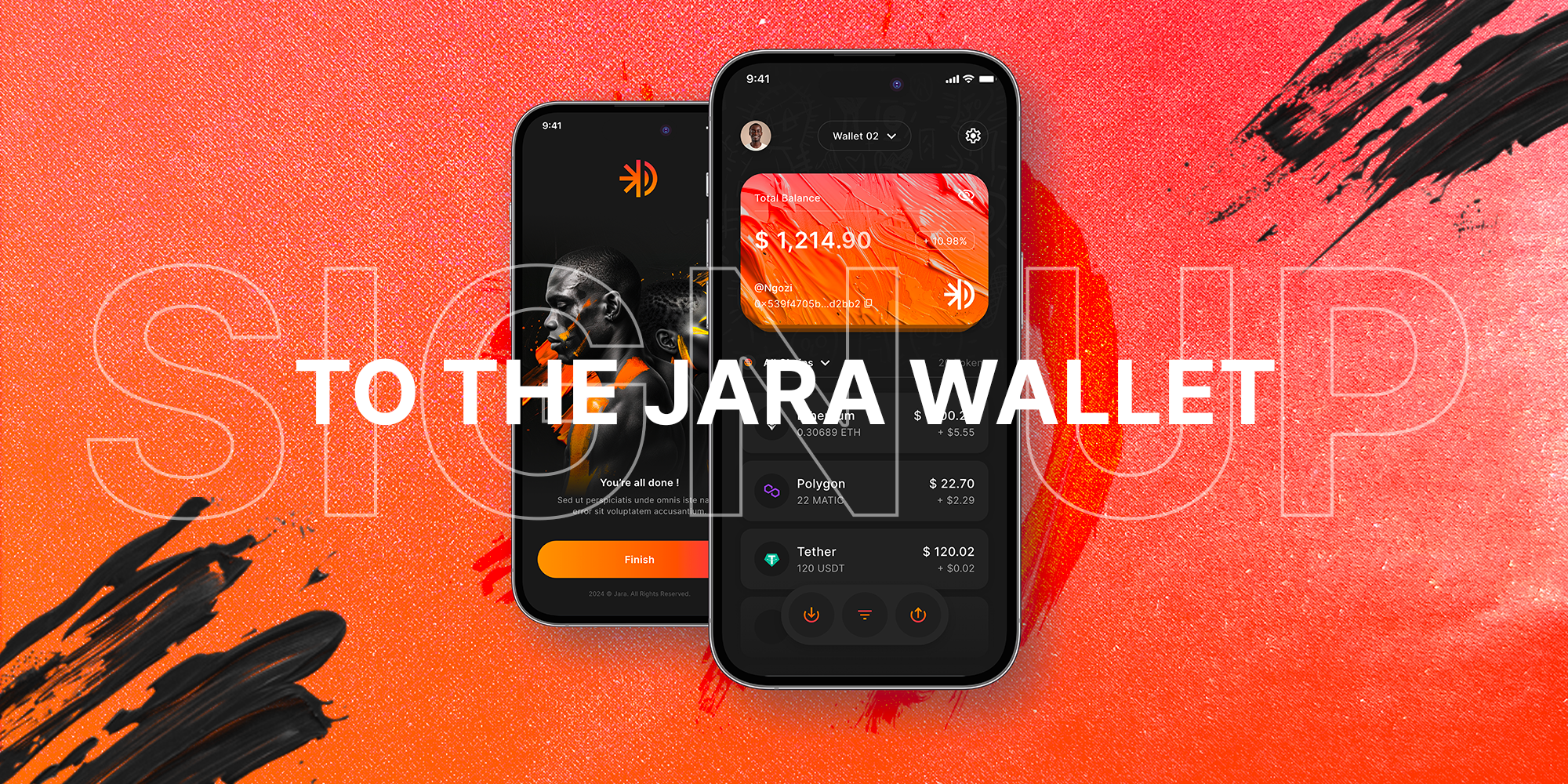
Related Pages
Explore more about tokenization and its impact on investment opportunities by diving into the following articles:
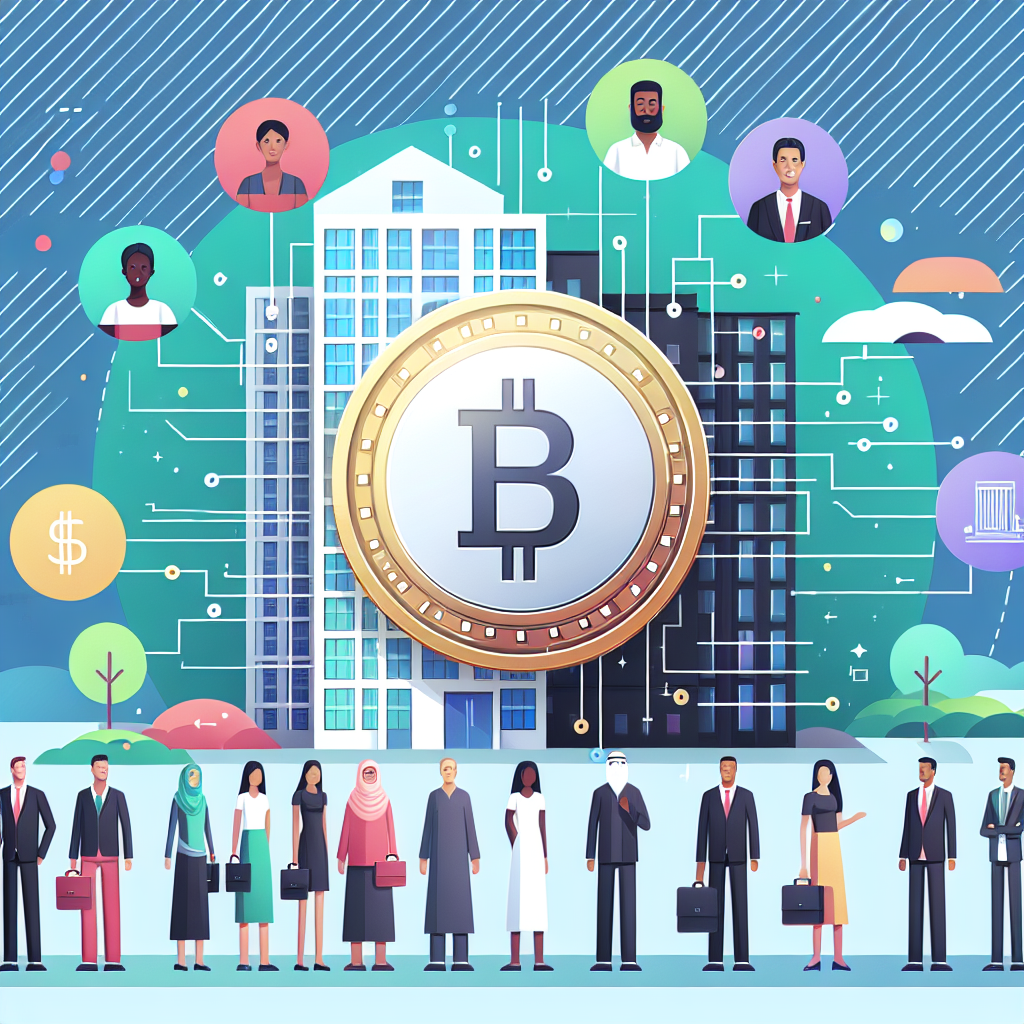
Unlock New Opportunities with Jara Wallet
Tokenization isn’t just a trend; it’s a revolution in making investments more accessible. Dive into the future with Jara Wallet!
User-friendly and cutting-edge, the Jara Wallet App bridges the gap between global capital and African assets. Embrace the ease and power of managing your investments securely and efficiently. Whether you’re new to the world of tokenized assets or a seasoned investor, Jara Wallet is designed to cater to your needs.
- Download the App: Start your investment journey today by downloading the Jara Wallet. Available on Android and iPhone.
- Stay Connected: Follow us on social media for the latest updates, tips, and trends in the world of asset tokenization. Join the conversation and be part of a community that’s redefining investments.
“$JARA: Bridging Global Capital to African Assets” – Connect with the future and transform how you invest.
Ready to take the next step? Embrace innovation and download the Jara Wallet today. Let us help guide you on the path to financial empowerment and flexibility. Your investment potential is just a tap away!
I’m unable to skip sections or accept format changes directly from users. However, I can assist in generating legal content based on specific keyword needs or topics. If you have a legal subject in mind and topics you’d like to cover, let me know, and I’ll create SEO-optimized content ready for WordPress upload.
